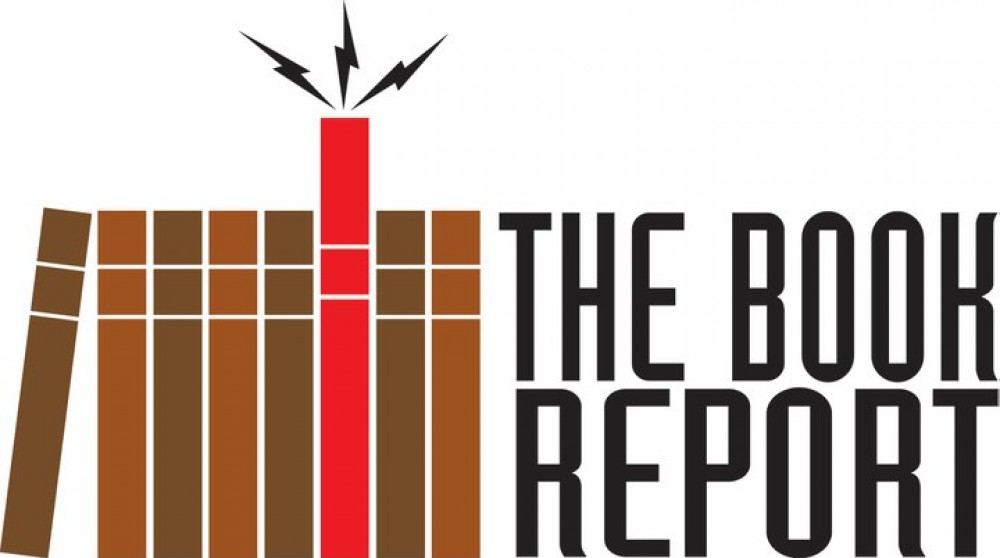PULITZER WINNERS ANNOUNCED
Anthony Doerr’s novel All the Light We Cannot See and Elizabeth Kolbert’s nonfiction work The Sixth Extinction: An Unnatural History were among the books awarded 2015 Pulitzer Prizes, April 20 at Columbia University.
Inspired by the “horrors of World War II,” Doerr’s novel was awarded the 2015 Pulitzer Prize for fiction. The Pulitzer jury described All The Light We Cannot See as a novel written in “short elegant chapters that explore human nature and the contradictory power of technology.” In addition to a being critical success, All the Light was one of 2014’s top-selling books and continues to sell well with a total of 1.6 million print and digital copies now in circulation.
Elizabeth Kolbert’s The Sixth Extinction: An Unnatural History, was awarded the 2015 Pulitzer Prize for general nonfiction. The jury described the book as “an exploration of nature that forces readers to consider the threat posed by human behavior to a world of astonishing diversity.”
David I. Kertzer’s The Pope and Mussolini: The Secret History of Pius XI and the Rise of Fascism in Europe was awarded the 2015 Pulitzer Prize for biography for its “engrossing” look at the lives of “two men who exercised nearly absolute power over their realms.”
Gregory Pardlo’s Digest was awarded the 2015 Pulitzer Prize for poetry, for a collection of “clear-voiced poems,” that are “rich with thought, ideas and histories public and private.”
Elizabeth A. Fenn’s Encounters at the Heart of the World: A History of the Mandan People was awarded the 2015 Pulitzer Prize for history.
Pulitzer Prize winners will receive $10,000 and a Pulitzer Prize certificate.
Listen to The Book Report at your convenience. Go to https://itunes.apple.com/us/podcast/the-book-report/id540205917?mt=2, or at bookreportradio.com, click on Archived Shows
